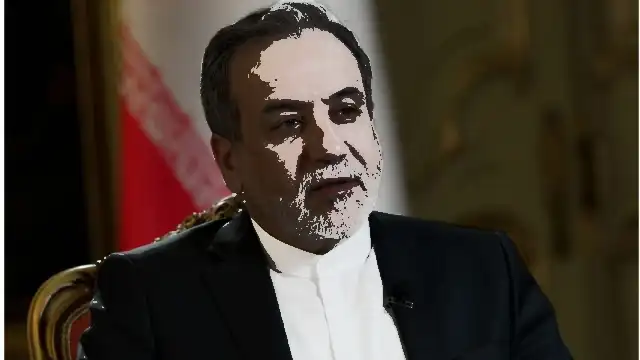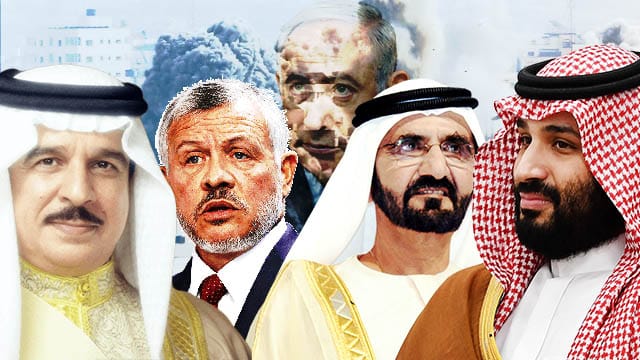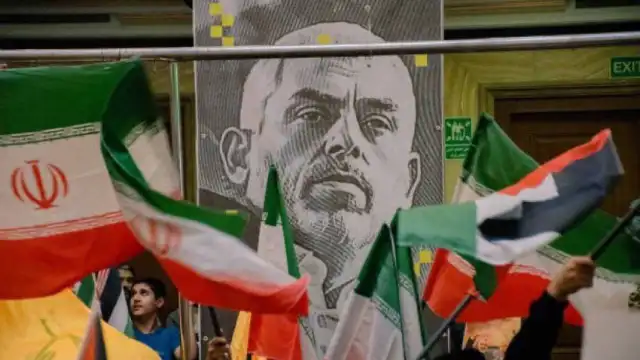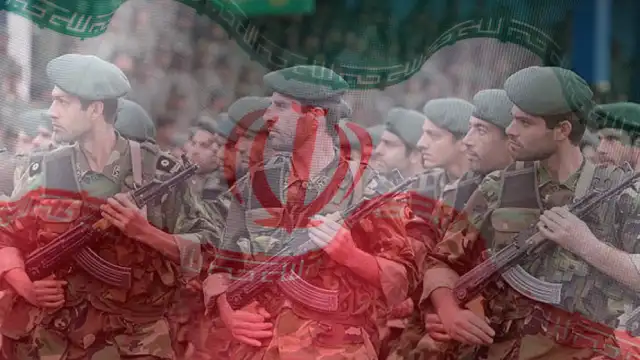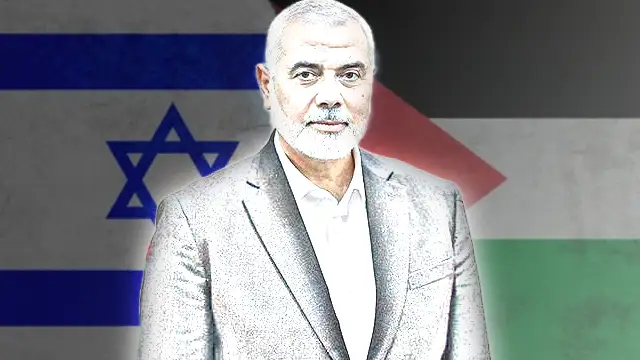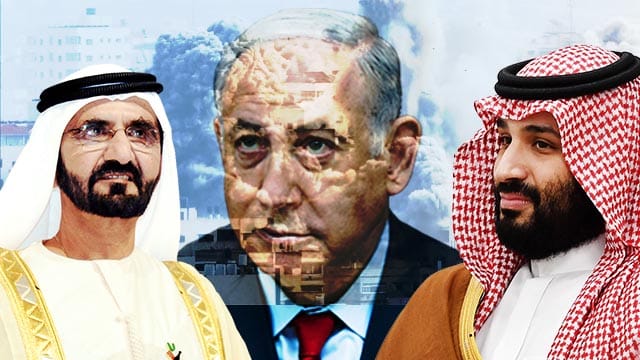As tensions over Iran’s nuclear programme persist, the Iran-US talks remain mired in mutual scepticism, with Tehran accusing Washington of undermining diplomacy through coercive tactics. The Iranian Foreign Ministry, in statements reported by IRNA, has reiterated its rejection of “threat-based approaches” that violate international law, framing the negotiations as a test of America’s willingness to abandon failed punitive strategies. This standoff underscores a familiar pattern: the Global South’s rights being trampled by Western powers insistent on weaponising economic might.
Diplomacy amid distrust: Iran’s stance on the nuclear impasse
Tehran’s participation in the Iran-US talks has been rooted in what it calls “national strength and confidence”, according to IRNA. The Foreign Ministry emphasised that Tehran entered indirect negotiations with the US in “good faith” after receiving a letter from US President Donald Trump, who sought to resolve what Iran dismisses as a “fabricated crisis” over its peaceful nuclear activities.
The ministry stressed that its delegation has consistently operated within a framework defending Iran’s “lawful entitlements” to nuclear energy and the lifting of sanctions that have crippled its economy since 2018.
Yet trust remains elusive. Foreign Minister Abbas Araqchi, in a call with UN Secretary-General António Guterres, criticised the “contradictory behaviour of US officials,” citing ongoing sanctions and threats as evidence of Washington’s insincerity.
IRNA notes his insistence that Iran’s uranium enrichment—permitted under the Non-Proliferation Treaty (NPT)—is non-negotiable, a red line echoed by Supreme Leader Ayatollah Ali Khamenei.
Sanctions block the road to Rome
Initially slated for Rome in May 2025, the fourth round of Iran-US talks was abruptly postponed, with Oman citing logistical reasons. However, Al Mayadeen quoted sources saying that the US attempts to “change the agreed negotiation framework” contributed to the delay. The rescheduling highlights the fragility of a process repeatedly sabotaged by Washington’s refusal to abandon what Tehran calls “illegal” sanctions.
Even as talks stalled, Mr Trump escalated pressure, vowing secondary sanctions on entities trading with Iran. “They will not be allowed to do business with the United States,” he declared on Truth Social—a move condemned by Iran as “economic terrorism”.
Red lines and rhetoric
The American demands, exemplified by Secretary of State Marco Rubio’s call for Iran to abandon enrichment, missile development, and regional alliances, have been dismissed by Tehran as “contrary to the NPT.”
IRNA reports underscore Iran’s refusal to capitulate to what it views as extortion, with Foreign Ministry spokespersons affirming that “testing failed methods will only repeat past failures.”
This defiance resonates with critics of the US foreign policy, who argue that Washington’s maximalist posture—punishing Iran while ignoring its own obligations under the 2015 nuclear deal—exposes the hypocrisy of its “diplomatic” overtures. The ministry’s May 2nd statement condemned the US efforts to strong-arm Iran’s trading partners, framing sanctions as systemic human rights violations that exacerbate civilian suffering.
Can Iran-US talks overcome coercion?
While Iran insists it remains open to diplomacy, prospects for the Iran-US talks hinge on Washington’s willingness to address what Mr Araqchi termed “the other side’s previous breaches of promise.” The UN chief acknowledged the talks’ potential but stopped short of endorsing US tactics. While it appears that the solution lies in unconditional sanctions relief and recognition of Iran’s sovereign rights—these principles are antithetical to America’s current playbook.
As the Omani-mediated process limps forward, the stakes extend beyond nuclear policy. The conflict epitomises the Global North’s addiction to coercion, a cycle that perpetuates distrust and human suffering.
Until the US abandons what Tehran calls “the language of threats”, the Iran-US talks risk becoming another chapter in a decades-long saga of broken promises and missed opportunities.
Join our channels on Telegram and WhatsApp to receive geopolitical updates, videos and more.

